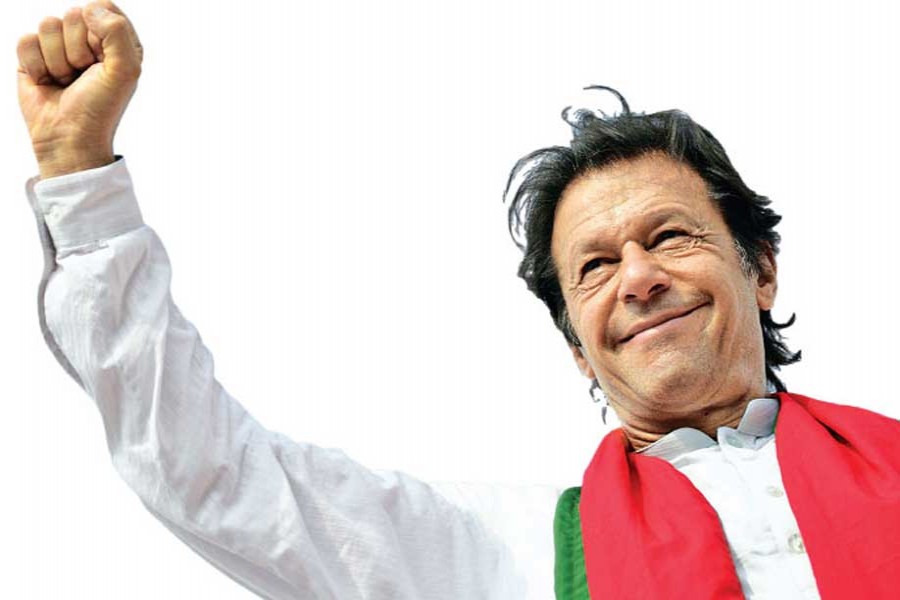Pakistan is using Taliban as a “tool” for its dominance in Afghanistan under the pretext of strategic depth, said former Pakistan senator Afrasiab Khattak, adding that the terror group’s approach towards the peace process has remained unchanged as it favours violence in the country, reports Hindustan Times citing ANI.
“They [Pakistan] want dominance in Afghanistan under the pretext of strategic depth and they have pursued this policy. They see the Taliban as a tool for themselves,” Khattak said in an interview with TOLOnews this week.
“We can say that their (the Taliban’s) approach has changed if they stop violence and say that they will feel the people’s pain,” Khattak said.
Khattak remarks come on the heels of Taliban deputy political leader Abdul Ghani Baradar’s visit to Pakistan last week.
A video released on social media showed Baradar among a group of people, apparently the Taliban members, in Karachi, Pakistan, where he said that all decisions about the peace process are being finalized in consultation with the Taliban’s leadership and the Taliban’s cleric council in Pakistan.
Baradar said the Taliban’s leadership exists in Pakistan.
The Taliban have so far not commented about the place of Baradar’s meeting with wounded members of the group.
The Afghan Ministry of Foreign Affairs on Friday reacted to Baradar’s video in Pakistan and said the presence of the Taliban leaders and their fighters in Pakistan is a “clear violation of Afghanistan’s national sovereignty.”
The ministry called on Pakistan to prevent terrorists from using its territory against Afghanistan, adding that closing the safe havens of insurgents and terrorists is pivotal for a peaceful end to the crisis in Afghanistan.
Pakistan has been long blamed for providing support to Taliban terrorists in Afghanistan.
The UN Analytical Support and Sanctions Monitoring Team to the 1988 Sanctions Committee, which oversees sanctions on the Taliban, in its 2019 report had acknowledged that nearly 5,000 terrorists belonging to Lashkar-e-Tayyiba, which is based in Pakistan, were active in Kunar and Nangarhar provinces of Afghanistan alone.


